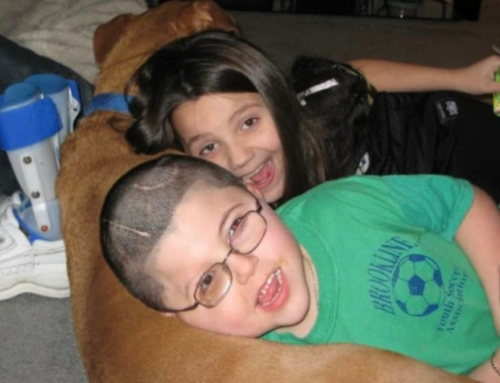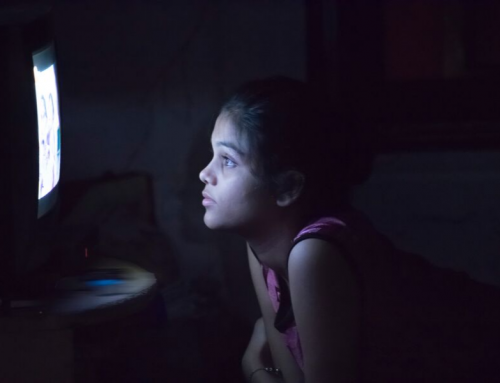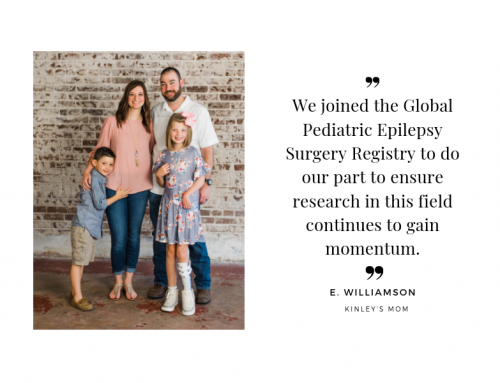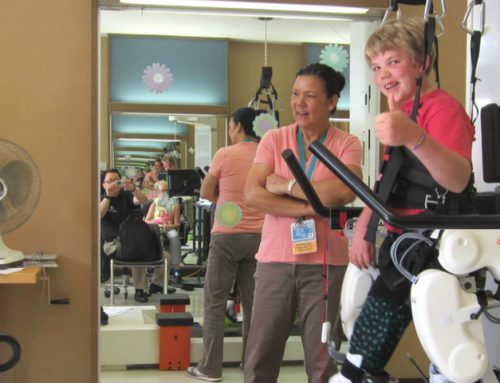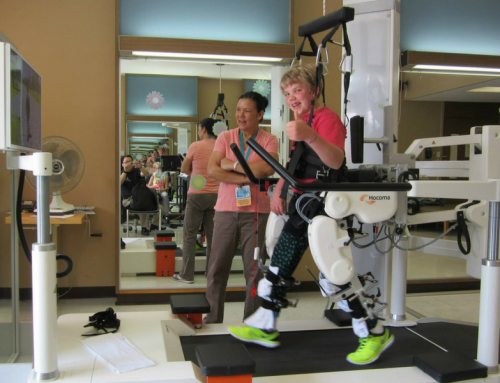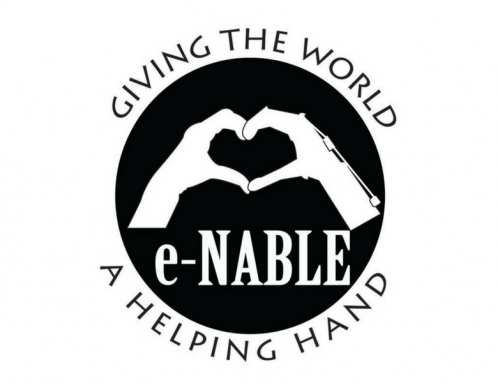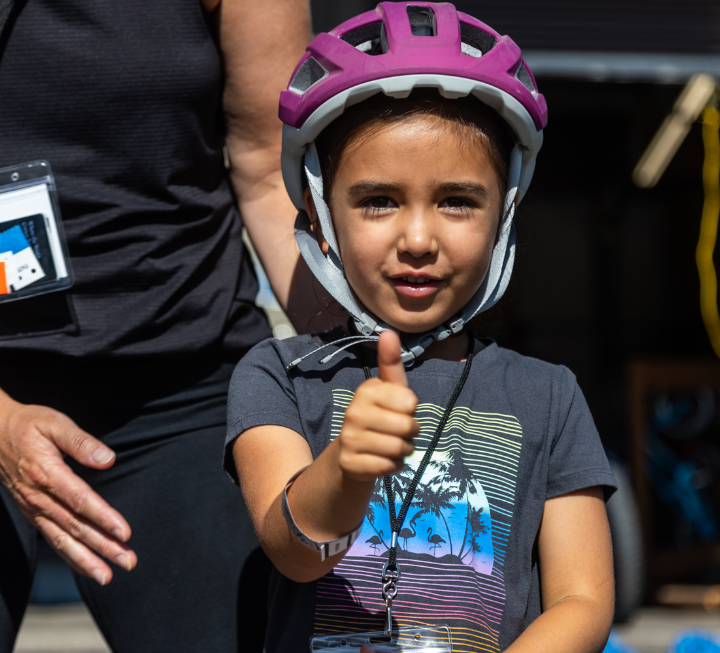
The Brain Recovery Project: Childhood Epilepsy Surgery Foundation is excited to announce that we have been approved for a $49,960 Patient Centered Outcomes Research Institute (PCORI) Eugene Washington Engagement Award to convene a meeting in July to better understand the functional impacts of resective and disconnective pediatric epilepsy surgery, identify gaps in research, and set patient-centered outcomes research priorities.
Neurologists and neurosurgeons play a critical role in helping parents make the very difficult decision to pursue pediatric epilepsy surgery. After surgery, many help parents manage the child’s diverse needs throughout the lifespan; however, what we have found through our collective parent/caregiver experience is that clinicians often do not have enough patient experience to understand the full spectrum of functional impacts of the large resective and disconnective pediatric epilepsy surgeries. This leaves both clinicians and parents without a roadmap and with little to no evidence-based guidance on how to help a child who has had up to half of the brain removed navigate through longer-term motor, sensory, behavioral, orthopedic, cognitive, learning and other medical issues.
Like PCORI, our mission is driven by a deep commitment to engage parents, caregivers, and adults who had epilepsy surgery in childhood in identifying the gaps in research and prioritizing topics most relevant to assist parents and caregivers in making health-care and other decisions for their child.
On July 18th, 2019, we will assemble up to 40 key stakeholders including representatives from several stakeholder groups: parents, caregivers, and adults who had surgery in childhood, researchers and clinicians, and patient education and advocacy groups. The purpose of the meeting is to align on the current state of research around the long-term functional impacts of resective and disconnective pediatric epilepsy surgeries, across the domains of motor, orthopedic, sensory, behavioral, medical, cognitive, and social impairments across the lifespan. The group will develop a set of preliminary research goals and objectives, driven in large part by the needs and gaps surfaced by parents, caregivers, and adult patients prior to the meeting.
We feel strongly about including patient voices in research. This grant from PCORI will allow us to understand what the current research says so we can identify research priorities going forward. Clinicians and other attendees will have numerous opportunities to interact and dialogue with one another and develop new research, projects or practices based on patient-informed questions or priorities.
This project was selected through a highly competitive review process in which applications were assessed for their ability to meet PCORI’s engagement goals and objectives, as well as program criteria. To learn more about the Eugene Washington PCORI Engagement Award, click here.
About PCORI
The Patient-Centered Outcomes Research Institute (PCORI) is an independent, nonprofit organization authorized by Congress in 2010. Its mission is to fund research that will provide patients, their caregivers, and clinicians with the evidence-based information needed to make better-informed healthcare decisions. PCORI is committed to continually seeking input from a broad range of stakeholders to guide its work


